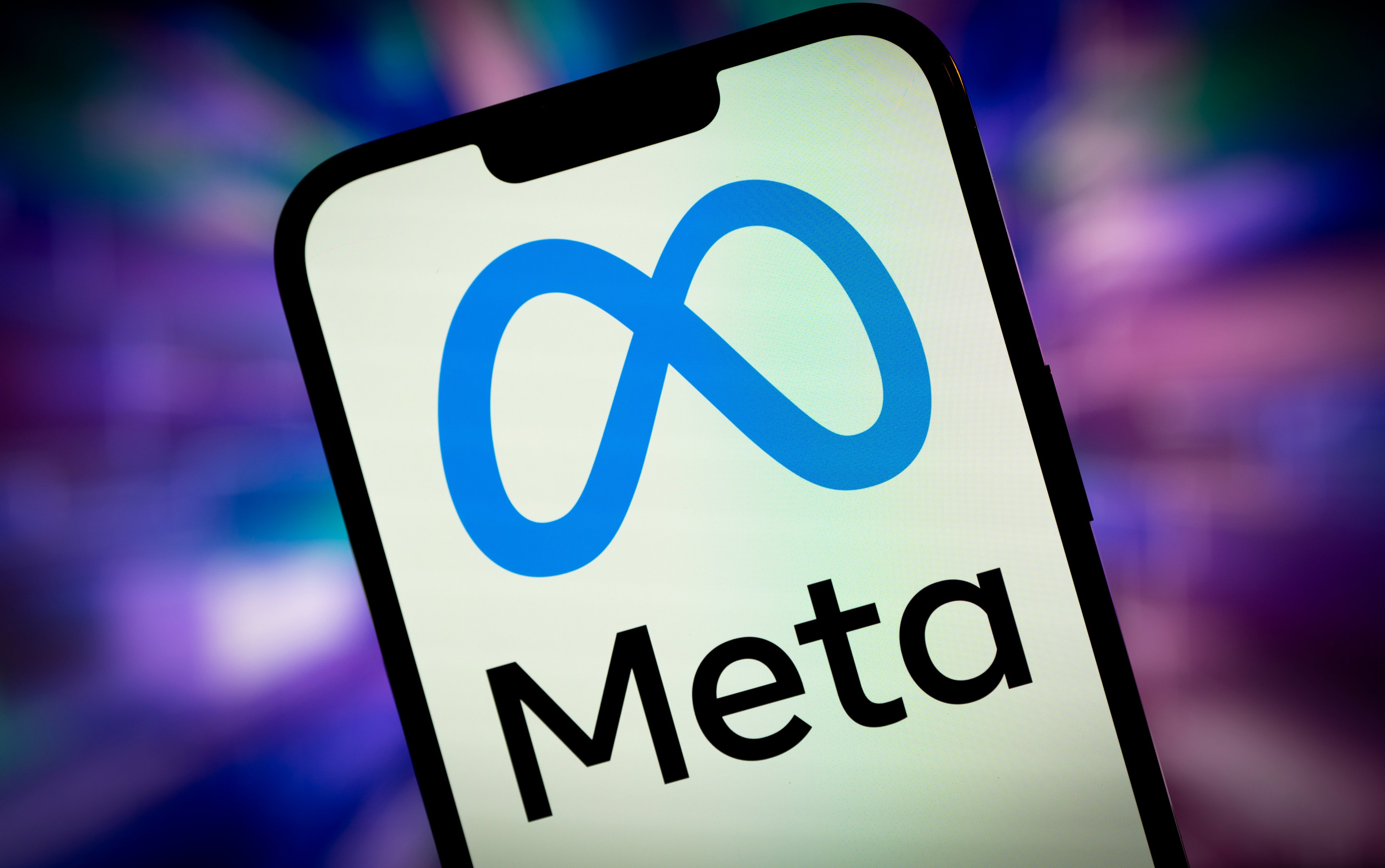This has been a long time coming. Facebook (FB +2.06%) had reportedly started negotiating with major record labels back in 2015, but it was never clear what the social network had up its sleeve. It did appear that the talks had something to do with Facebook's growing video ambitions, and it's probably not a coincidence that the company launched its Watch platform just a few months back.
Well, Facebook has now announced that it has inked an "unprecedented global, multi-year agreement" with Universal Music Group. What does the deal mean, and what comes next?

Facebook Watch launched in August. Image source: Facebook.
A new deal
Under the agreement, users will be able to upload videos that include licensed music without having those videos taken down for copyright infringement. The deal covers Facebook, Instagram, and Oculus. The partnership will also help artists that are on those platforms to connect with their fans.
Alphabet (GOOG +1.53%) (GOOGL +1.60%) subsidiary Google has long had a Content ID system in YouTube that is intended to flag videos that include licensed music, and to allow the record labels to manage the rights surrounding that music. YouTube does pay royalties to the record labels, however paltry.
It's worth noting that YouTube also inked a long-term agreement with Universal and Sony Music just a couple days ago that could potentially be the foundation of a paid music streaming service, according to Bloomberg. Facebook had poached Google exec Tamara Hrivnak, who was responsible for music partnerships for Google Play and YouTube, in January to lead its global music strategy.
Apple's Jimmy Iovine recently argued that free music is killing the industry's economics, pointing specifically to YouTube as one of the predominant destinations to consume free music.
There's more where that came from
User-generated videos that include licensed music are just a starting point, though. In the announcement, the companies say that "functionality will expand to enable access to a vast library of music across a series of social features" and that they are also working together to "introduce new music-based products to these Facebook platforms, including Messenger."
An obvious possibility is that Facebook creates some type of music-streaming service in the future, but it's entirely speculative whether or not this is part of Facebook's grand plan. A music-streaming service seems like a no-brainer, particularly when considering Facebook's core competencies around social experiences. In contrast, Apple has tried and failed numerous times to incorporate social features into its music offerings. (Let's have a brief moment of silence for Ping).
Music-streaming leader Spotify has a handful of social features (including Facebook integration), but few would doubt that Facebook would be better at creating social-first music experiences. "There is a magnetic relationship between music and community building," Hrivnak said in announcing the deal.









